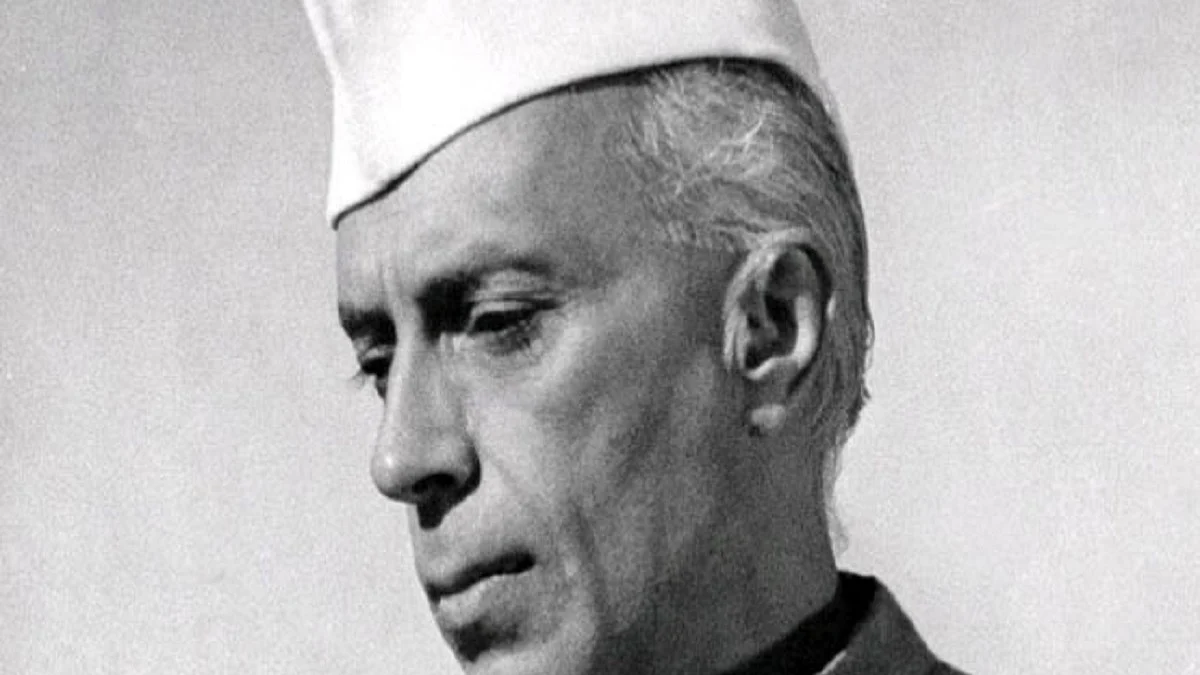Not Nehru, but Government on trial
Readers of NH might like to peruse report in this paper on November 5, 1940 which carried text of Jawaharlal Nehru’s statement to Court during his trial when he was arrested for anti-War speeches

Our justifiable outrage at daily reports of arrests, trials and jail terms of political activists today might help us appreciate the sacrifices of our freedom fighters, for whom this was routine. Readers of the National Herald might like to peruse a report in this paper on 5th November 1940 which carried the text of Jawaharlal Nehru’s Statement to the Court during his trial when he was arrested for anti-War speeches and convicted to four and a half years imprisonment, his eighth term in jail. He ended up spending more than nine years in British Indian jails.
“I have been told that the charge against me is based on the reports of three speeches I delivered in Gorakhpur district early in October last…I am not here to defend myself, and perhaps what I say in this statement will make your task easier. I do not yet know the exact nature of the charge against me.
I gather that it has something to do with the Defence of India Rules and that it relates to my references to the war and to the attempts being made to compel the people of India to take part in the war effort. If that is so, I shall gladly admit the charge. It is not necessary to go to garbled reports to find out what I or other Congressmen say in regard to India and the war. The Congress resolutions and statements, carefully and precisely worded, are there for all the world to know….
There are very few persons in India, I suppose, whether they are Indians or Englishmen, who have for years past so consistently raised their voices against fascism and Nazism as I have done. My whole nature rebelled against them and, on many an occasion, I vehemently criticised the pro-fascist and appeasement policy of the British Government….
That is why we must dissociate ourselves from this war and advise our people to do likewise and not help in any way with money or men…I stand before you, Sir, as an individual being tried for certain offences against the state. You are a symbol of that state. But I am also something more than an individual. I too am a symbol at the present moment, a symbol of Indian nationalism, resolved to break away from the British Empire and achieve the independence of India.
It is not me that you are seeking to judge and condemn, but rather the hundreds of millions of the people of India, and that is a large task even for a proud Empire. Perhaps it may be that though I am standing before you on my trial, it is the British Empire itself that is on trial before the bar of the world.
There are more powerful forces at work in the world today than courts of law; there are elemental urges for freedom and food and security which are moving vast masses of people, and history is being moulded by them. The future recorder of this history might well say that, in the hour of supreme trial, the Government of Britain and the people of Britain failed because they were drunk with the wine of imperialism and could not adapt themselves to a changing world. He may muse over fate, of empires which have always fallen because of this weakness, and call it destiny…
Seven times I have been tried and convicted by British authority in India, and many years of my life lie buried within prison walls. An eighth time or a ninth, and a few more years, make little difference. But it is no small matter what happens to India and her millions of sons and daughters…”
I should like to add that I am happy to be tried in Gorakhpur. The peasantry of Gorakhpur are the poorest and the most long-suffering in my province. They are the products of a hundred and fifty years of British rule and the sight of their poverty and misery is the final condemnation of the authority that has dealt with them these many years. I am glad that it was my visit to Gorakhpur district and my attempt to serve its people, that has led to this trial.”
(Selected and edited by Mridula Mukherjee, former Professor of History at JNU and former Director of Nehru Memorial Museum and Library)
Follow us on: Facebook, Twitter, Google News, Instagram
Join our official telegram channel (@nationalherald) and stay updated with the latest headlines